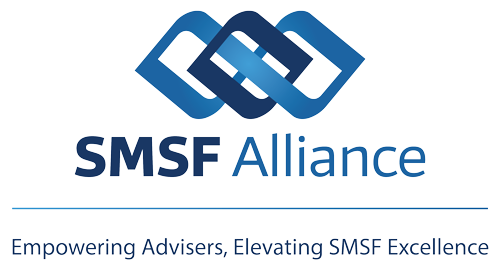SMSFs that aren’t registered for GST do not receive income which includes GST. They merely receive income. Once registered, some income, notably rental income on commercial property, will include GST which must be remitted to the ATO. The net effect is zero as what is collected is remitted. Expenses are different.
Most SMSF expenses contain GST. If the SMSF is not registered, the GST merely forms part of the expense item and is tax deductible to the fund to the same extent the expense item is. After registration, the treatment of GST varies with the expense type.
GST on commercial property acquisition and expenses is 100% refundable.
Other expenses are either 75% GST refundable (e.g. brokerage fees) or non-refundable (e.g. audit fees).
Any refunds will affect the tax deductibility of the expense so we will shortly be releasing a GST tool for our Alliance Partners to model the after-tax wealth effect of either decision. In general, however, the tool will show that there is no advantage for an expense level of $2,300 (inc GST). Over this, there is a wealth advantage of about $65 per $1,100 expense (inc GST) for an accumulation fund and $75 for a pension fund.
If an SMSF wishes to register, the ATO have advised that registration must occur within 21 days of the operative date to avoid penalties.
A side issue which could arise for a fund, holding commercial property, that has not previously registered is that GST must now be paid on the rent. This provision should have been included in the lease agreement but may have been missed. The SMSF will require the tenant to increase their payment by 10% and, though the tenant will be able to offset this against their BAS bill, it could involve an interesting conversation. Note that the ATO will regard GST to be embedded in the rental the fund receives irrespective of whether the tenant pays the additional payment or not so, if this scenario applies, the details need to be worked out with the tenant before the SMSF registers.


